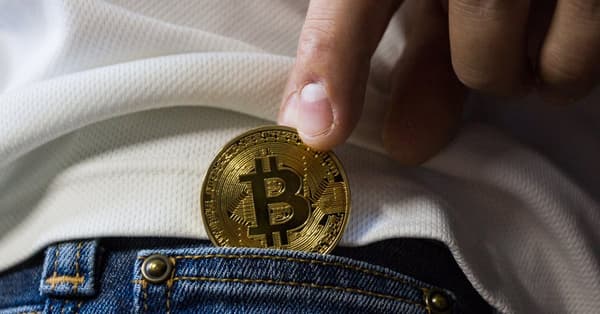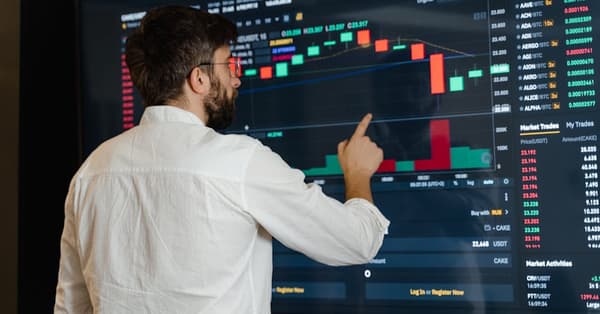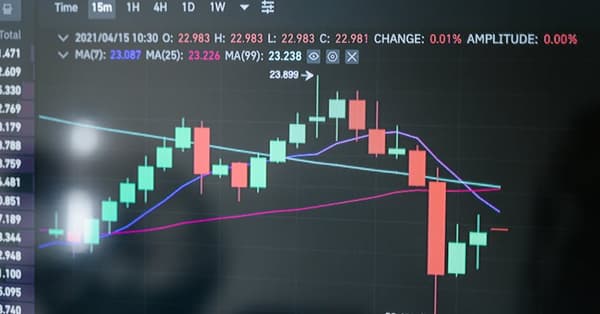Exploring PancakeSwap's Rise on Binance Smart Chain
Dive into PancakeSwap's dominance on BSC as transaction volumes soar. Discover how forking projects are shaping the DeFi landscape!
The Binance Smart Chain (BSC) has experienced explosive growth, with transaction volumes skyrocketing to over $1.5 billion in September 2023 alone. As the leading decentralized exchange on BSC, PancakeSwap commands a noteworthy market share, accounting for more than 60% of DEX trading volume.
As forking projects continue to proliferate in the DeFi ecosystem, grasping the legal implications of forking PancakeSwap contracts has become increasingly vital for developers and entrepreneurs alike. This article will walk you through the legal considerations, the technical steps involved in forking, and strategic insights for navigating the dynamic BSC landscape.
What You Will Learn: In this article, we’ll dive into the architecture of PancakeSwap, explore the legal landscape surrounding forking, outline the technical steps for implementation, highlight common pitfalls to avoid, and share strategic insights to help ensure your success.

PancakeSwap is a decentralized exchange (DEX) that lets users trade cryptocurrencies directly from their wallets, all without the need for a centralized intermediary. Since its launch in September 2020, it has become a cornerstone of the DeFi ecosystem on BSC.
Smart contracts are automated agreements that spring into action when specific conditions are fulfilled. PancakeSwap relies heavily on these contracts for liquidity provision, swaps, and yield farming, guaranteeing transparent and trustless transactions.

In the blockchain world, forking refers to the process of splitting a chain into two distinct paths. This can happen through a hard fork, where the changes are incompatible with existing nodes, or a soft fork, which keeps backward compatibility intact.
When it comes to forking, intellectual property issues loom large. Developers must carefully navigate copyright and licensing challenges, striking a balance between innovation and honoring the original code. Notable disputes, like the one between Bitcoin and Bitcoin Cash, serve as cautionary tales.

The regulatory landscape varies widely from region to region. For example, in the U.S., projects are expected to comply with SEC regulations, while in China, strict bans on crypto trading complicate forking initiatives. Understanding these frameworks is essential for anyone looking to fork PancakeSwap contracts.
Legal precedents can shape the future of forking projects. By examining cases like the Telegram ICO lawsuit, we can glean valuable insights into the potential implications for developers and forkers embarking on similar journeys.

🎯 KEY INSIGHT
In 2023, over 25% of forking projects encountered intellectual property challenges, leading to lawsuits.